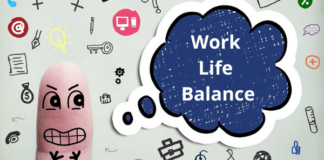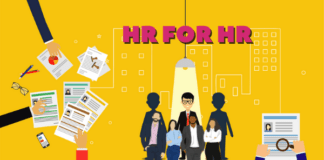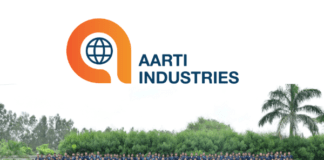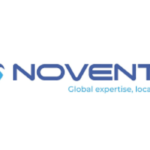- Exclusive
- News
- Special
- Magazine
- Reports
- WHITEPAPER
- HR Forecast 2024 e-mag
- Future-proofing Manufacturing Through Digital Transformation
- Employee Healthcare & Wellness Benefits: A Guide for Indian MSMEs
- Build a Future Ready Organisation For The Road Ahead
- Employee Experience Strategy
- HRKatha 2019 Forecast
- Decoding and Driving Employee Engagement
- One Platform, Infinite Possibilities
- SURVEY REPORTS
- WHITEPAPER
- Conferences
- Advertise
- HR Jobs
- Know Us
HR DAILY NEWSLETTER
News, trends and analysis, as well as breaking news alerts, to help HR professionals do their jobs better each business day.
News, trends and analysis, as well as breaking news alerts, to help HR professionals do their jobs better each business day.
© 2024 India's most read website on Human Resources, Jobs & Career.



















































